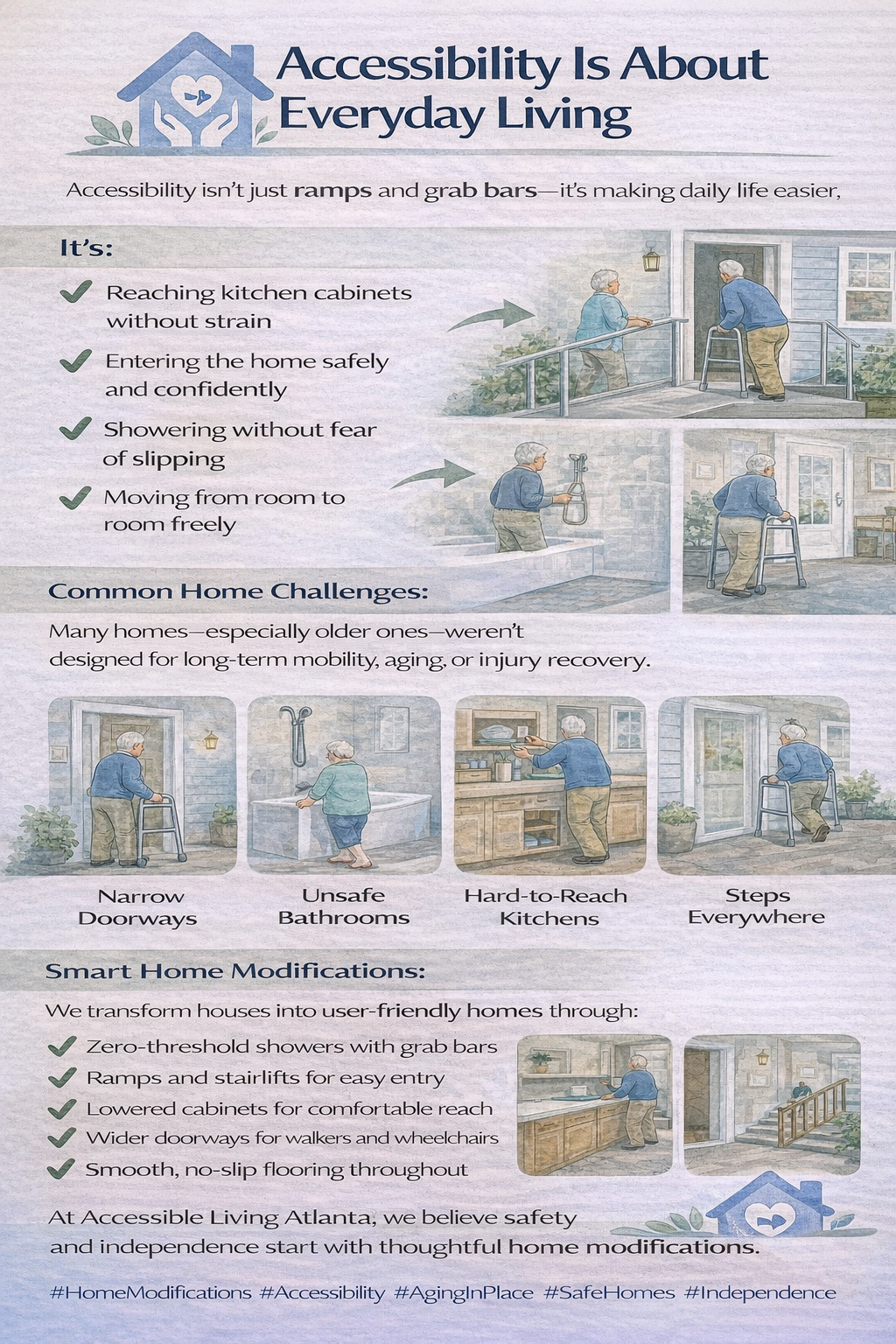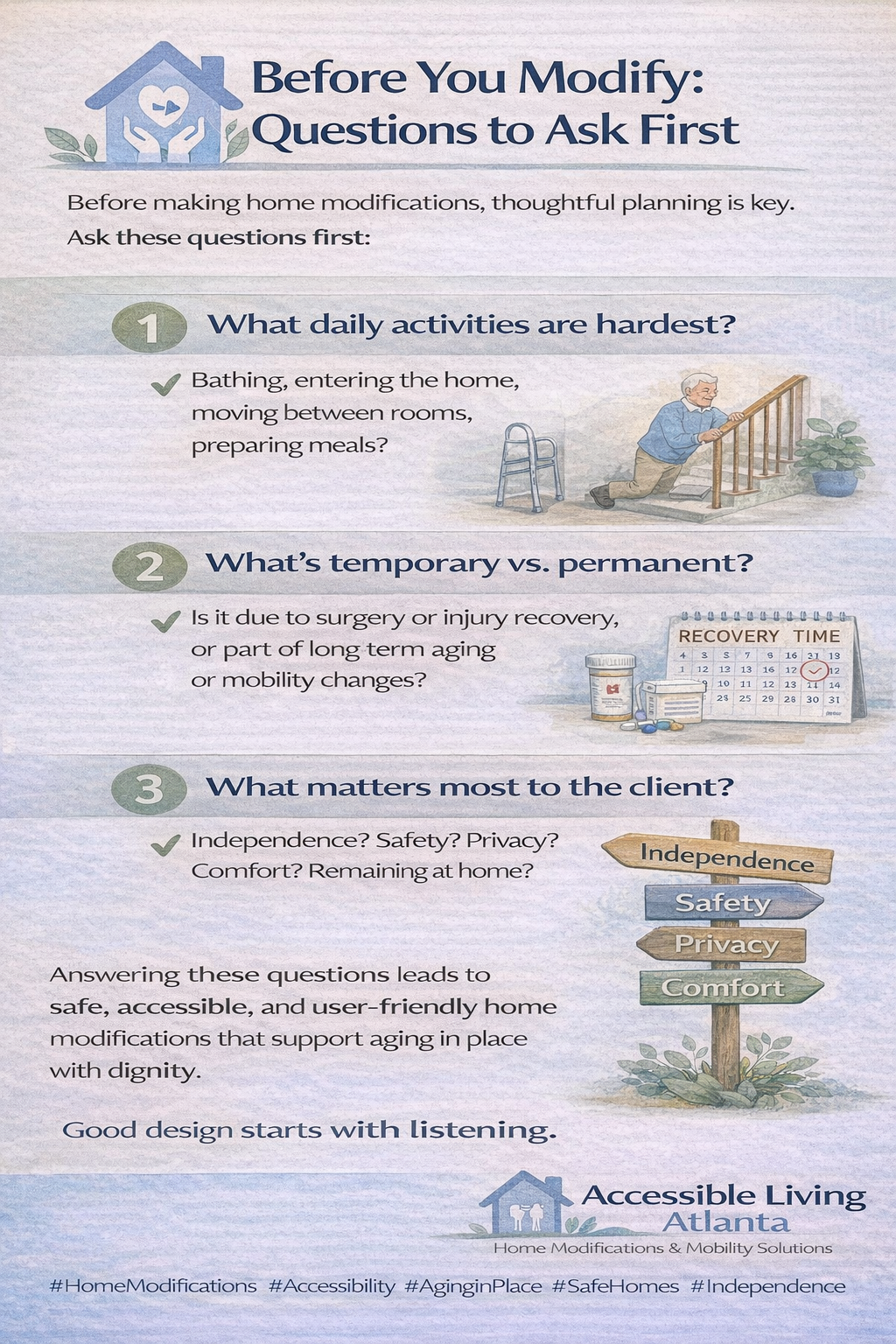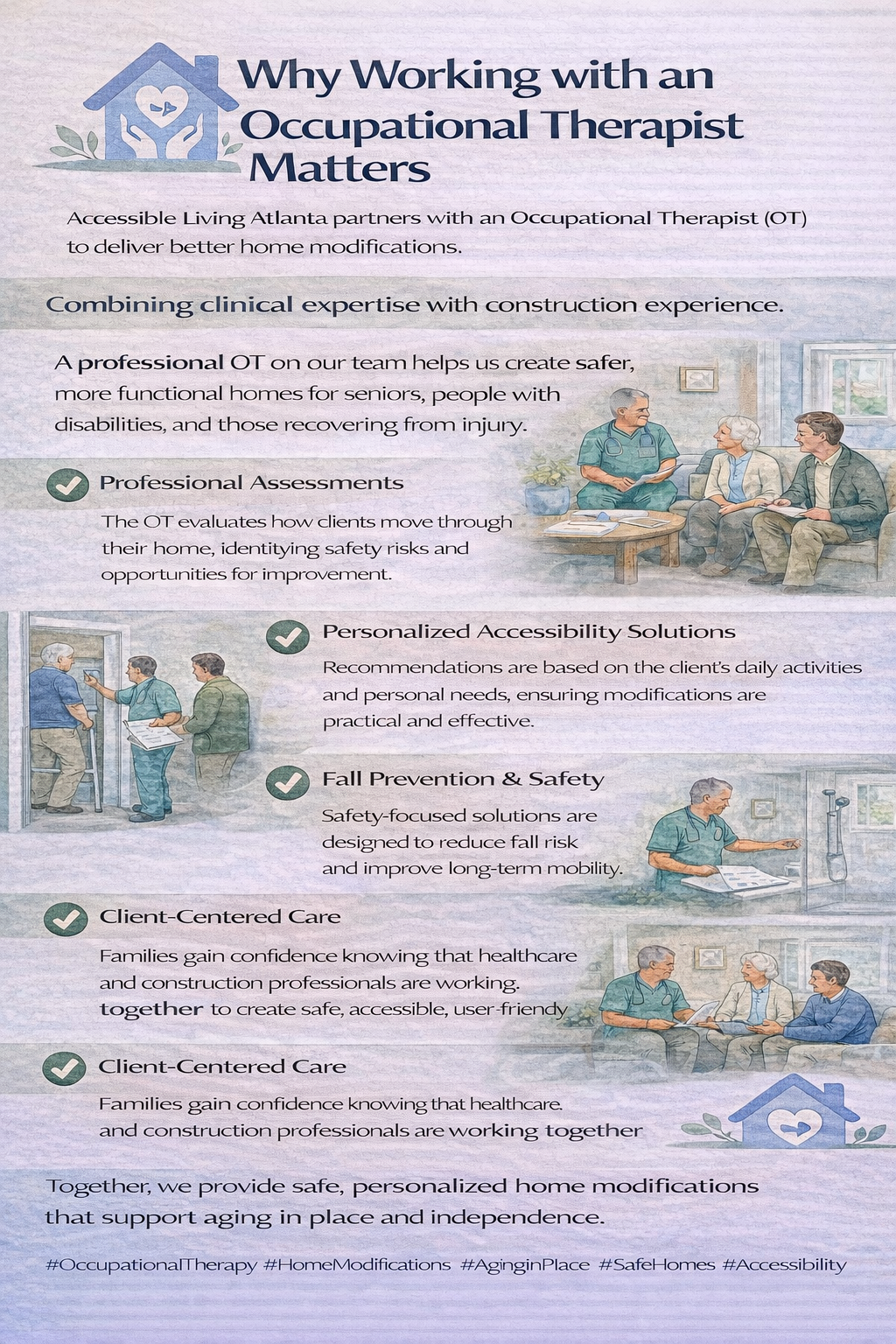8 Ways Baby Boomers Become Poor in Retirement
As the baby boomer generation enters retirement, a growing number of them face unexpected financial challenges that threaten their retirement security.
Even those who have worked hard and saved their whole lives may find themselves losing spending power and sinking into poverty after they retire.
It can be disheartening for that to happen. If you are nearing or in retirement, look out for these pitfalls to remain as financially secure as possible. Even falling into one or two of these traps can lead to financial trouble.
Carrying a Balance on Credit Cards
Carrying a balance on credit cards can quickly and easily get you further in debt. It means paying interest and, therefore, more money than you should.
Plus, as baby boomers transition from a steady paycheck to a fixed income, paying off interest can become more difficult. The interest accrued can snowball, quickly depleting their savings during retirement.
“Work to pay down high-interest debt as quickly as possible and pay your credit card balance in full each month to avoid interest charges,” said Ashley Rittershaus, a CFP and founder of Curious Crow Financial Planning.
“Credit card debt can also be an indication of living beyond your means, so you’ll need to address any overspending issues as well.”
Learn: 5 Bills You Start Paying When You Retire
Collecting Social Security Too Early
While you can start collecting Social Security benefits as early as age 62, collecting too early can significantly reduce your monthly payout. Baby boomers may be eager to enjoy retirement and think they should receive Social Security as soon as possible. However, waiting until full retirement age or even later will actually result in higher monthly payments.
For example, if you file at age 62, you will lose 30% of the full Social Security benefits you would have received at age 67. If you file at 64, you will only lose 20% of the full benefits. This continues until age 67, when you receive the full benefits you are entitled to based on your lifetime earnings history.
Every month you wait between the ages of 67 and 70, your benefit amount will increase. If you wait until 68, you will receive 108% of your Social Security benefits. This increases by 8% each year until the age of 70.
“Optimizing when you begin collecting Social Security can make a big difference in the total lifetime amount you receive,” Rittershaus said. “The optimal strategy depends on your specific situation, but for some, this may mean waiting until age 70 to begin collecting Social Security.”
Selling Investments When the Market Drops
Fluctuations in the market are an inevitable part of investing. However, some people may panic during a downturn and sell their investments before they had planned.
This can be especially bad for retirees because they don’t have the benefit of time on their side. Baby boomers who liquidate their investments when the market takes a hit may lock in losses and miss out on potential future gains. A well-diversified portfolio and a long-term investment strategy can help ensure a more stable retirement income.
“Working with a financial advisor on an ongoing basis can be beneficial if you need help determining your asset allocation and staying invested when times are tough,” Rittershaus said.
Paying Too Much in Housing Costs
Housing is a significant expense no matter what stage you are in life, but it can be especially difficult during retirement. This is when some baby boomers who own homes may find themselves house-rich but cash-poor.
Maintaining a large house with high property taxes, utility bills and maintenance costs can strain limited retirement resources. Downsizing or exploring cost-effective housing options can free up funds for other essential needs.
Having an Unrealistic Budget
Some baby boomers enter retirement with unrealistic expectations about their spending habits. Failing to create a detailed budget that aligns with their fixed income can lead to overspending and financial stress. Establishing a realistic budget that accounts for essential and discretionary expenses is crucial for maintaining financial stability in retirement.
Not Having a Plan
Not having a clear plan for managing expenses, investments and unexpected costs can lead to poor decision-making and financial instability. Seeking advice from financial professionals and creating a comprehensive retirement plan can provide the guidance needed to navigate the complexities of retirement.
“Develop a long-term retirement plan that includes your income sources (like Social Security and pensions), portfolio assets, and expenses,” Rittershaus said. “People tend to forget about the impact of inflation and taxes, so be sure to account for those, too. It may be helpful to create a retirement ‘paycheck’ for yourself, using automatic monthly transfers into your checking account for spending needs.”
Waiting Too Long To Adjust a Plan
Even if you have a retirement plan, it may require adjustments over time. Make sure to periodically reevaluate your plan to account for changes in health, market conditions or unexpected expenses.
Baby boomers must be proactive in regularly reviewing and adjusting their financial plans to ensure they remain on track for a secure retirement.
Not Planning for the Unexpected
In retirement, unexpected expenses, such as medical bills, procedures or emergency car or home repairs, will occur. Taking these into account ahead of time can help you plan for them in your budget. If baby boomers don’t have room in their budget for these unexpected expenses or don’t have an emergency fund to cover them, they could have to rely on credit cards or personal loans to pay for them, putting them into debt.
The Bottom Line
Retirement should be a time of relaxation and enjoyment, but financial pitfalls can turn it into a time of stress and uncertainty. Baby boomers can safeguard their financial well-being by avoiding these common things that cause retirees financial issues.
By adopting prudent financial habits, seeking professional advice, and remaining flexible, baby boomers can improve their chances of a comfortable and secure retirement. It’s never too late to take control of your financial future and ensure the golden years are truly golden.
#homeaccessibility #homemodification #homehealthcare #aginginplace #aginggracefully #caregivers #disability #disabilityawareness #wheelchairuser #wheelchairaccessible #spinalcordinjury #physicallychallenged #safetyathome #elderlycare #graytsunami #healthylifestyle #accessiblematters #userfriendlyhome



